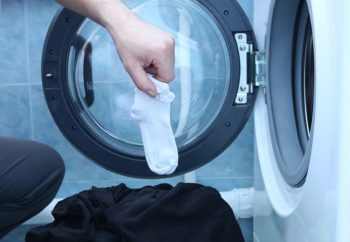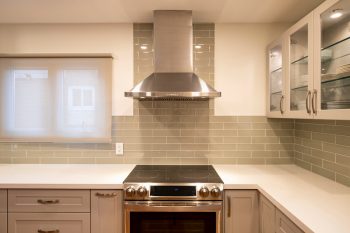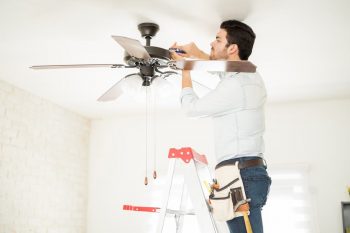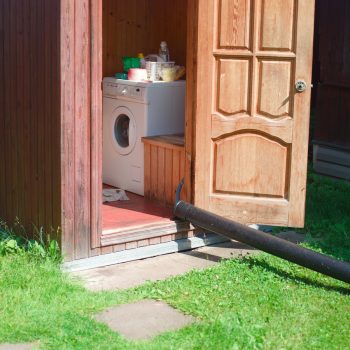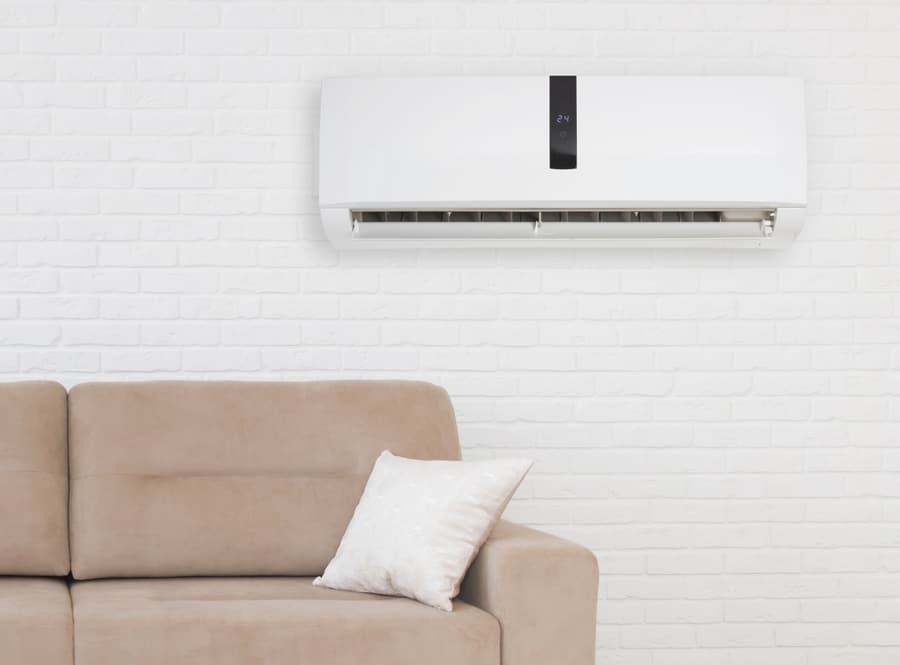
Have you noticed your AC vibrating when turning it on or randomly while running? You’re not alone. Occasional vibration is accepted as a relatively normal occurrence when operating an air conditioning unit.
But even then, there are times when vibration might point to more serious problems.
Depending on the cause of the vibration, you must take the necessary steps to stop it. What might cause an AC unit to vibrate, and what can you do about it? Here’s a short guide.
- An air conditioner will vibrate now and again as a normal part of its performance.
- Various factors can exacerbate vibrations, including dirt accumulation, loose parts, overwork, and malfunction
- Proper maintenance, reasonable thermostat settings, and repairs can stop unnecessary vibrations
Either minor issues or major damages can cause AC vibration. So before trying to stop your AC unit from vibrating, ensure you know what’s causing the problem.
What Causes an AC To Vibrate and How To Stop It
The suggestions listed here are only a general guide to help you narrow down the possibilities. Check your user manual for possible vibration troubleshooting before you try any of these suggestions.
1. Dirt Build-Up
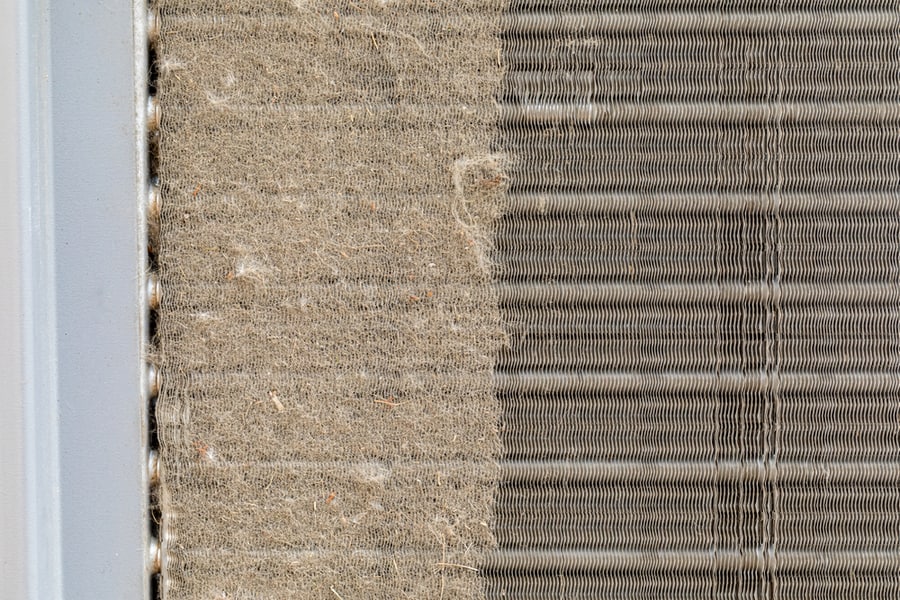
Your air conditioner isn’t impervious to dirt and debris. Dirt and dust particles can enter the system and accumulate in various areas. Parts that become moist with condensate (like the coils) are especially prone to developing thick layers of caked filth.
When contamination builds up like this, the system may start showing signs of malfunction. Vibrating happens when accumulated dirt lodges between various parts and components, creating friction when the AC is turned on.
How To Fix It
The obvious solution would be to clean your air conditioner. Remove dirt from the condenser coils and the filters. Also, check other parts of the exterior unit.
Depending on the conditions in your area, you may have to get your AC routinely cleaned once or twice a year.
2. Loose Parts
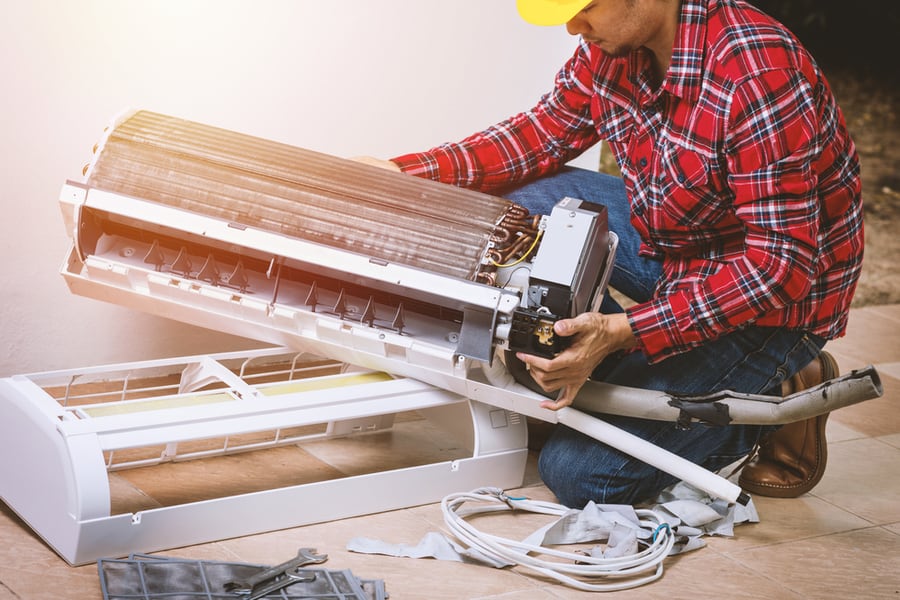
With any appliance, electronic, or device, loose parts will cause vibration. As the unit gets to work, subtle movements can become exponentially pronounced when there’s a loose part somewhere in the system.
It’s also pretty normal for screws, nuts, and bolts to loosen over time. You might notice your AC’s vibrations become more pronounced with each use.
How To Fix It
It’s easy to tighten any loose screws by simply passing over every screw you see and giving it a little turn. But if you notice certain parts moving more than they should and can’t entirely figure out why consider calling an HVAC specialist.
3. Overwork
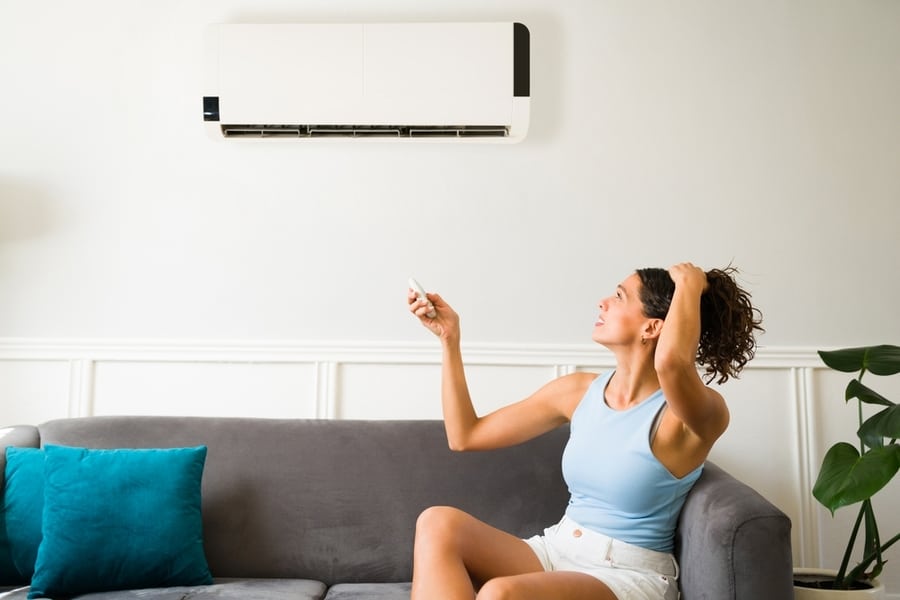
Yes, you can overwork your air conditioner. You’ll notice that your AC unit might hum to life intermittently when turned on. That’s because even when you have it running, your air conditioner doesn’t work the whole time.
Once it achieves the reading on the thermostat, your AC will enter idle mode. This saves energy and keeps the air conditioner from overworking itself.
If it’s extra hot outside and your AC temperature is set to a notably low thermostat, your air conditioner will have to work overtime.
So instead of having performance intervals, your AC has no opportunity to rest. And because it has to work longer than it usually does, the unit may vibrate as the components strain to keep going.
How To Fix It
Keeping your air conditioner on a good thermostat can help prevent overworking. According to experts, people in different climates can achieve the cool comfort they want by setting their AC to the standard 24°C or 75°F.
4. Malfunction
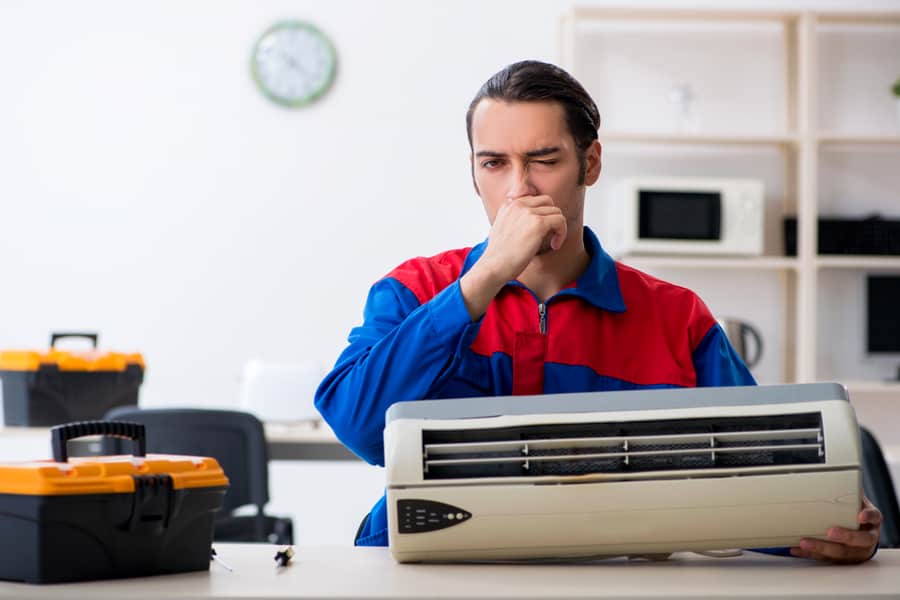
A damaged fan or compressor can result in constant vibration. In other cases, it could be a misaligned motor fan blade or a blower wheel.
Unfortunately, you can’t diagnose these damages from the outside. So you will have someone check the unit to see what could be wrong.
If you suspect that damage to your AC’s parts is causing the vibration, turn off your unit until you find someone to check out the problem.
How To Fix It
Call a professional HVAC specialist to inspect your unit. In case of any damages, they may be able to perform repairs. But if the components are broken beyond repair, you may have to consider having the parts replaced.
Summary
If your air conditioner is vibrating more than normal, you should inspect it thoroughly. Fortunately, some cleaning and calibration might be all it needs.
But in case of more serious damage, it’s best to call in an HVAC specialist to resolve the problem and prevent it from getting worse.
Frequently Asked Questions
Is It Normal for an Air Conditioner To Vibrate?
Yes, it’s normal for an air conditioner to vibrate now and then, even if it’s properly maintained and installed.
If the vibrations become more frequent and strange noises accompany them, you might have to check your unit for potential maintenance and repair needs.
How Loud Is an AC Compressor?
Air conditioners are designed to operate quietly, so you shouldn’t expect much noise from your unit. Most ACs produce a vibrating noise between 40 to 92 decibels.
You shouldn’t worry if the sounds are low, steady, and intermittent.



